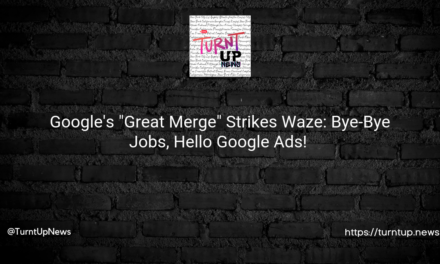🎸 TL;DR: Paul McCartney sets the record straight about the AI involvement in the upcoming Beatles song. Fans speculated that AI was used to fabricate a Lennon song, but McCartney clarifies that it was not the case. The song is based on a late ’70s John Lennon demo that the surviving Beatles worked on. Using AI technology to enhance the recordings, the track will be released later this year. McCartney finds AI to be an interesting and exciting advancement for the music industry.
Paul McCartney Clarifies AI Use in ‘New’ Beatles Song: ‘Nothing Has Been Artificially Created’
The legendary Paul McCartney has addressed the rampant speculation and confusion surrounding the use of AI in an upcoming Beatles song. After his announcement stirred up excitement, McCartney took to social media to clear the air and assure fans that nothing has been artificially or synthetically created. So, what’s the real story behind this intriguing development?
McCartney’s revelation about the project during a recent BBC interview left many questions unanswered. He explained that the song is based on a demo recording by John Lennon from the late ’70s, which the surviving Beatles meticulously worked on to bring it to fruition. While McCartney refrained from disclosing the title of the track, insider sources reveal that it was a demo sent by Yoko Ono, Lennon’s widow, to the band during the ’90s while they were preparing for their “Anthology” albums and videos.
Now, here’s where things get interesting. The surviving Beatles, along with producer Jeff Lynne, managed to create two other songs from Lennon demos of the same era, titled “Free as a Bird” and “Real Love,” both of which were released as part of the “Anthology” series. However, the “new” song, despite their efforts, didn’t make the cut for release at the time, especially due to the reservations of George Harrison. Nevertheless, it’s worth noting that Harrison did contribute to the forthcoming recording before his passing in 2001.
So, what made the Beatles reconsider this particular track? Well, it seems that the advancements in AI technology played a significant role. McCartney draws parallels between the AI technology used by director Peter Jackson in the 2021 documentary “Get Back,” where voices from 1969 footage were isolated and cleaned up, and the technology applied to the recent reissue of the Beatles’ classic 1966 album “Revolver.” With the help of AI, previously obscured conversations and background noises were separated, improving the overall sound quality.
However, let’s address the elephant in the room. Are these songs considered “lost” Beatles tracks? The answer is no. Although they originated from Lennon’s recordings during the late ’70s, many years after the band’s breakup, they do not reach the artistic standards set by the group during their illustrious career. The Beatles officially disbanded in the fall of 1969 but only announced the news in the following spring.
McCartney expressed his fascination with AI, acknowledging its impact on the music industry. He referred to it as a “very interesting thing” and an ongoing challenge that everyone is grappling with. Despite the unsettling notion that AI might someday replace musicians, McCartney finds it thrilling to witness its potential and embrace it as a glimpse into the future.
As we eagerly await the release of this new Beatles song later this year, one can’t help but ponder the implications of AI in music creation. How will it shape the industry moving forward? Will it open doors to previously undiscovered musical treasures or potentially overshadow the contributions of human talent? Share your thoughts and join the conversation on the future of music in the age of AI.
🎵 Question for the readers: How do you feel about AI’s involvement in the creation of music? Does it excite





